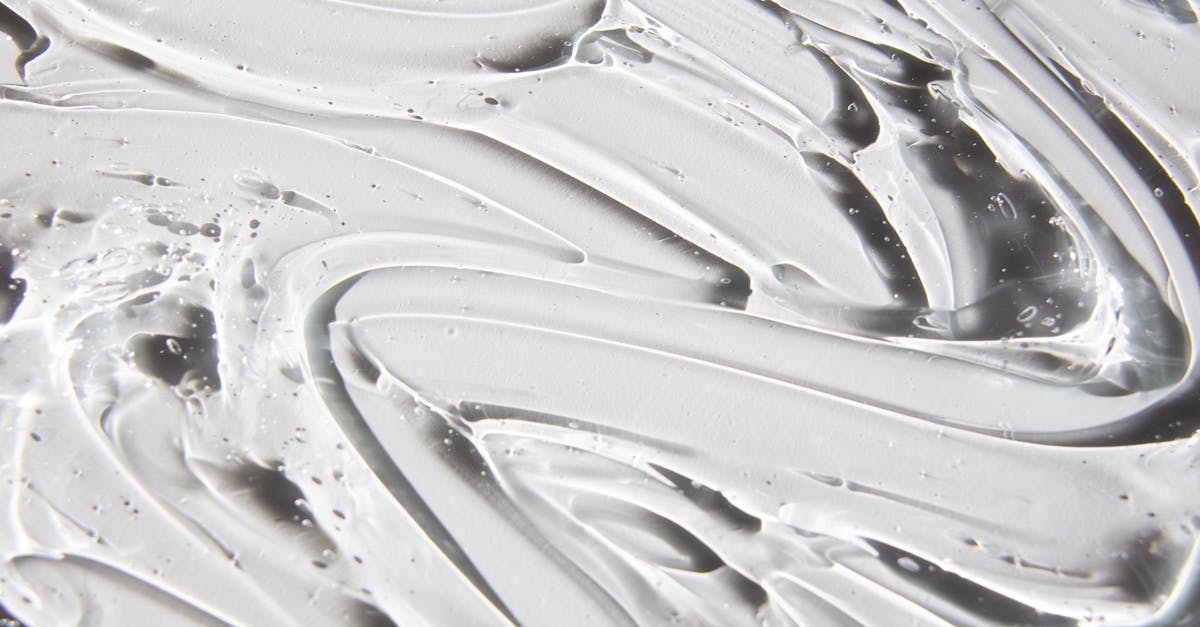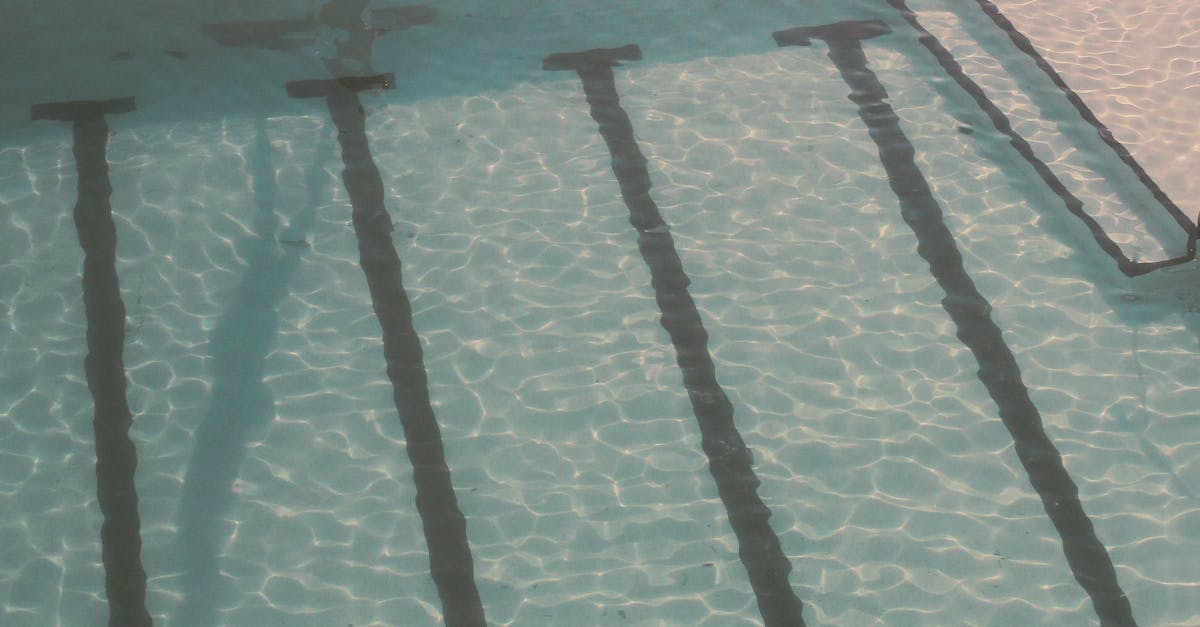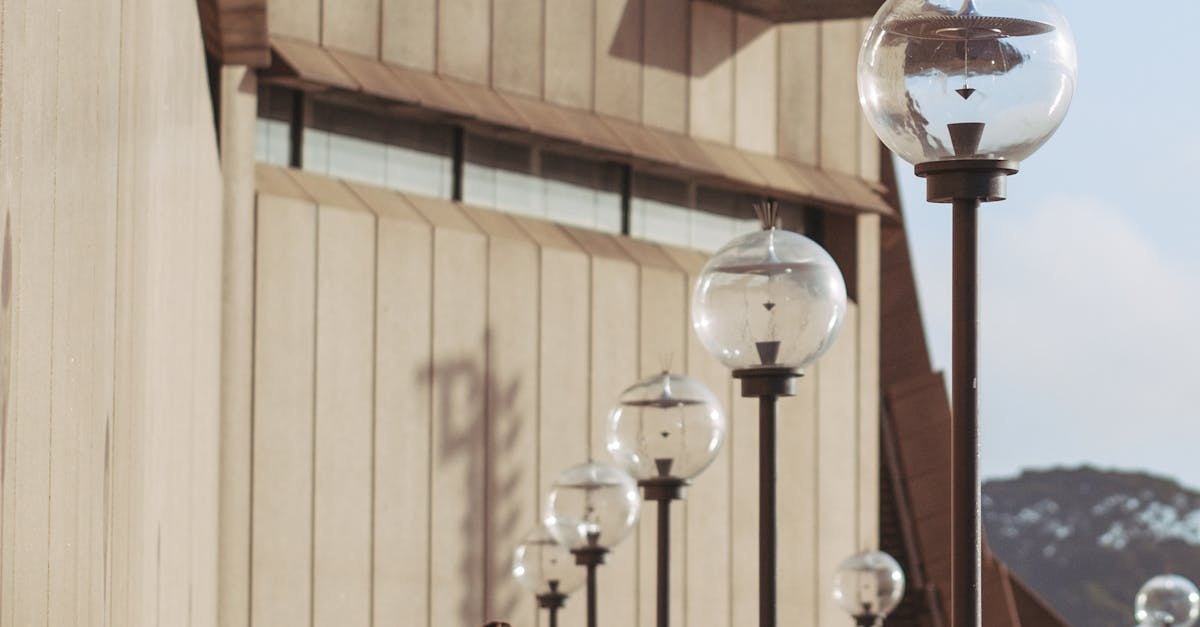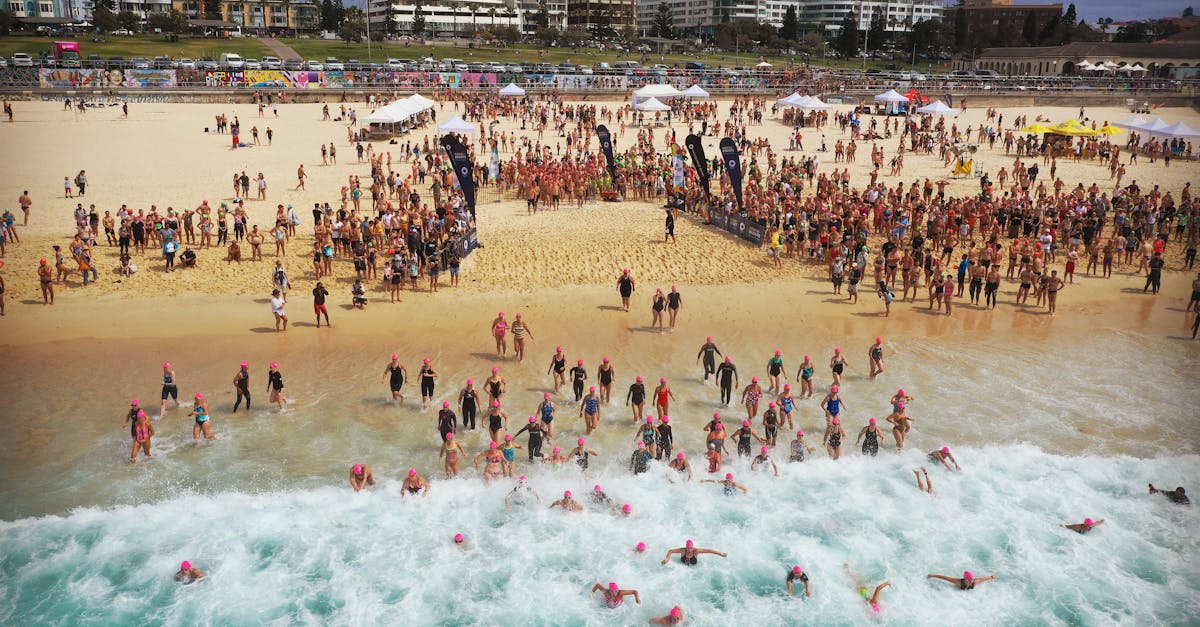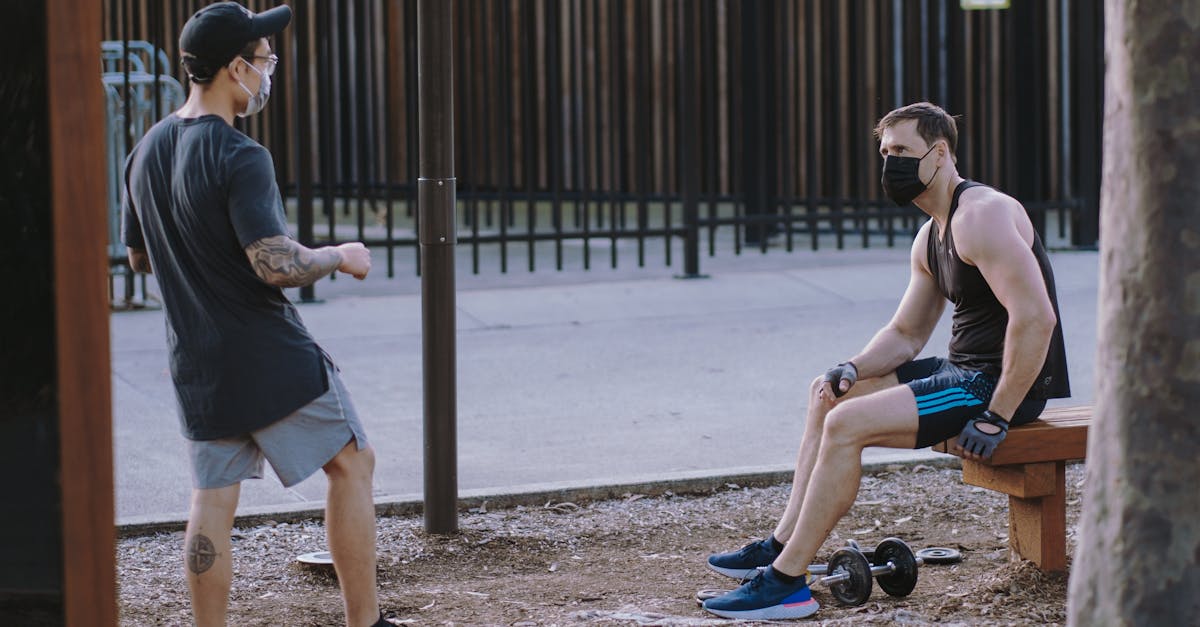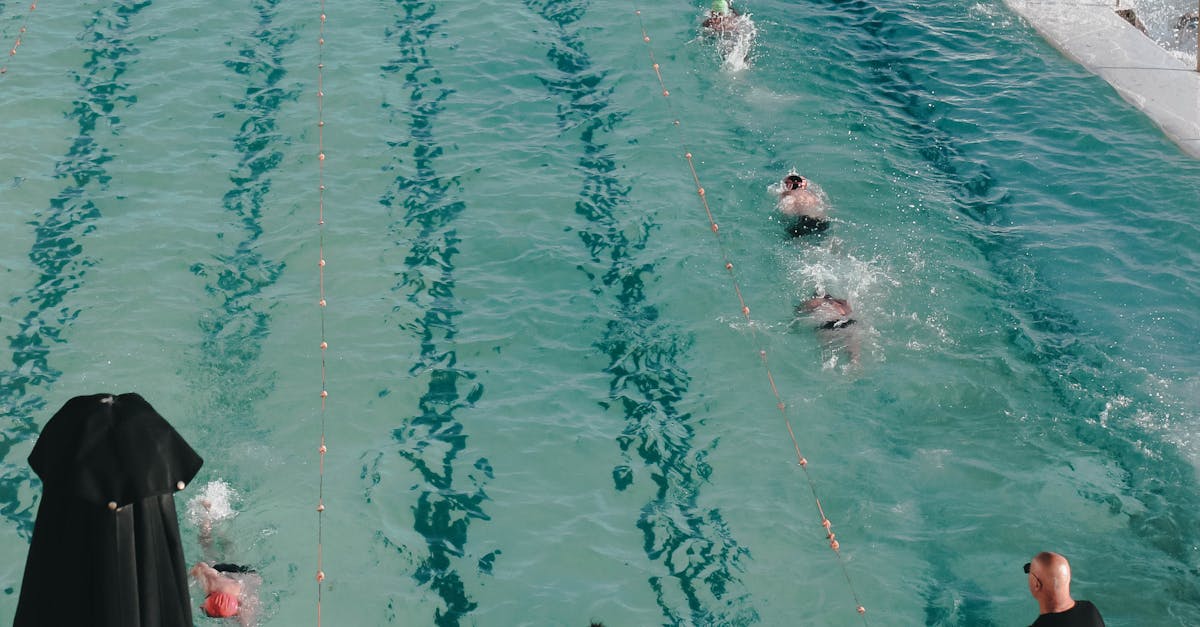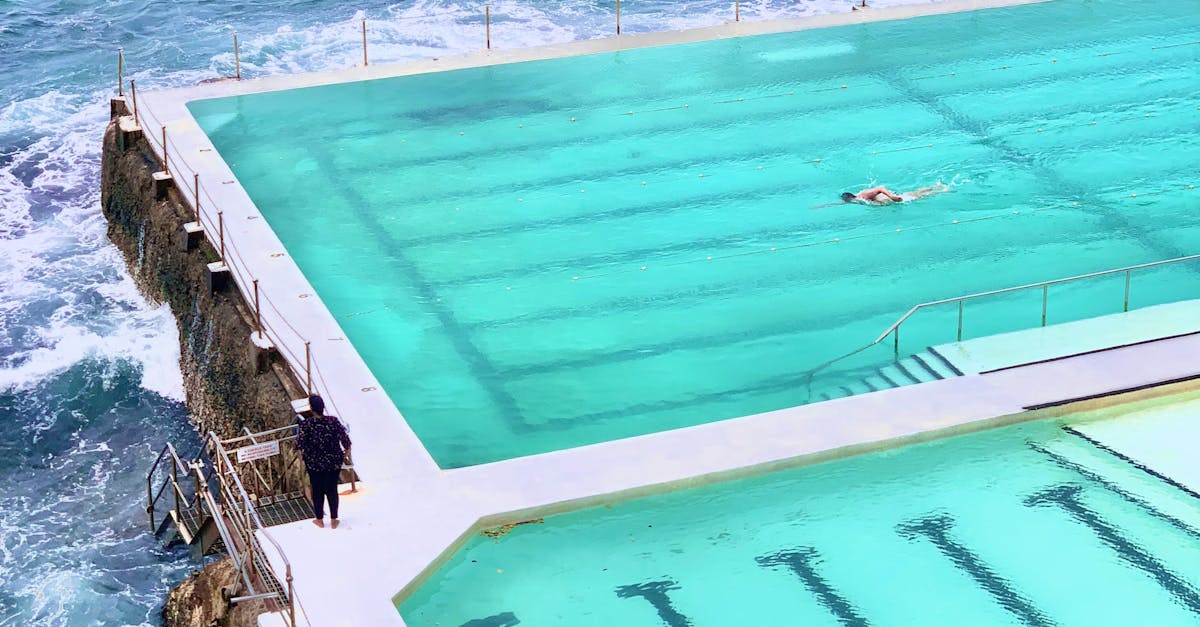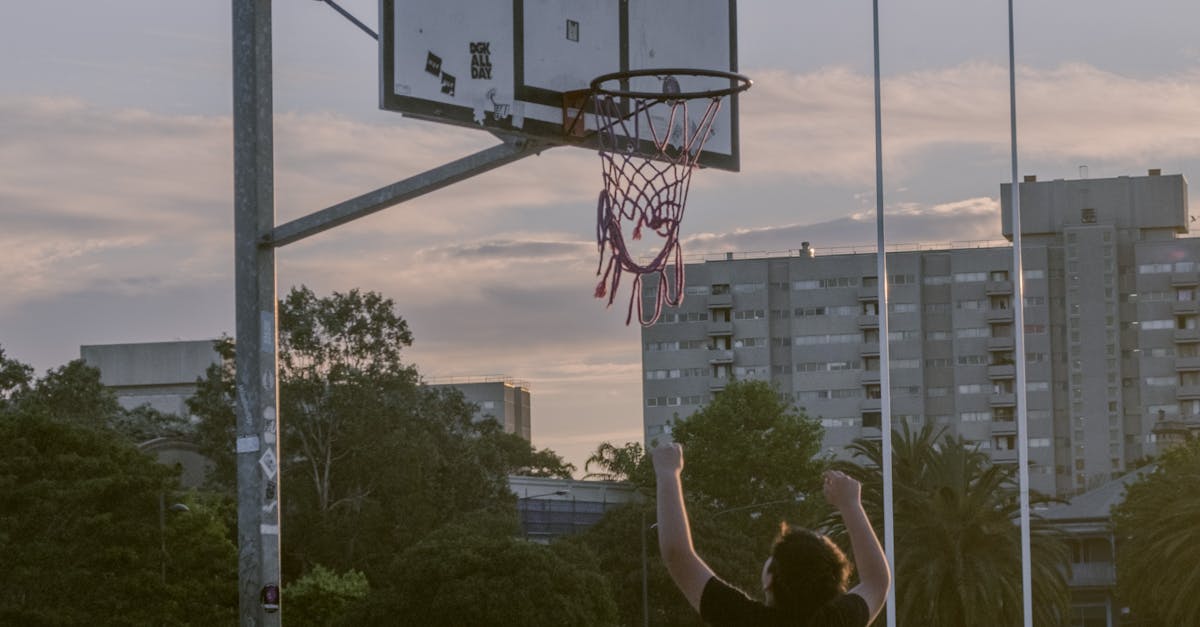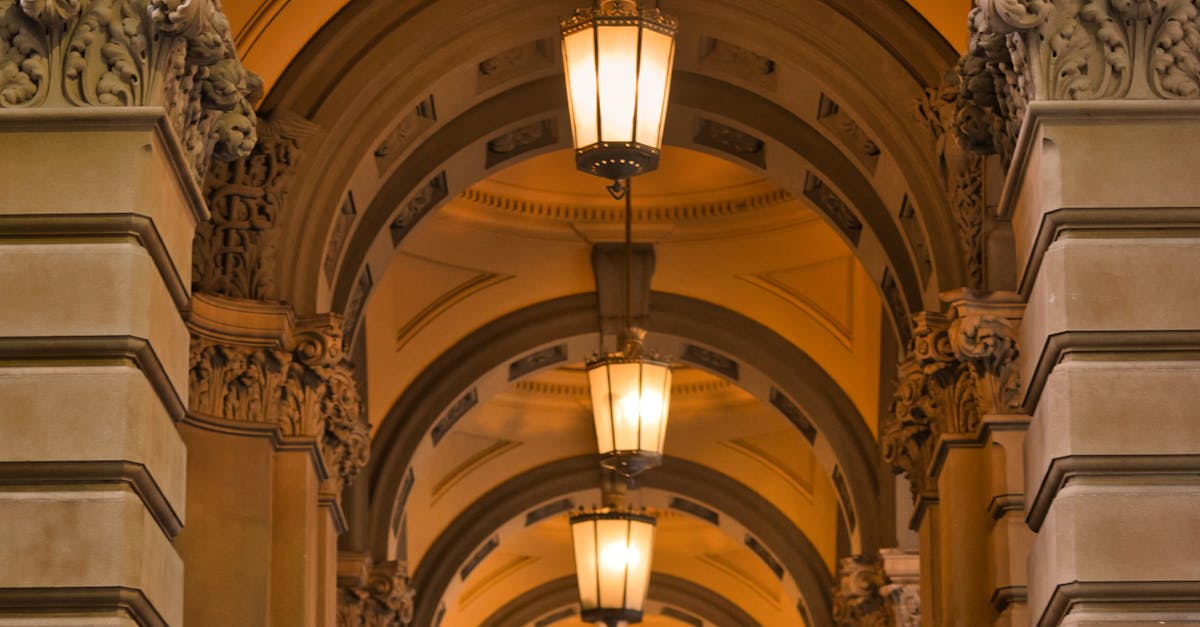
Table Of Contents
Employing Gas Detectors
Gas detectors play a crucial role in identifying leaks that may occur behind walls. These devices are specifically designed to sense the presence of natural gas and alert homeowners to potential dangers. They often use advanced technology to detect even small levels of gas, ensuring that leaks do not go unnoticed. Placing these detectors in key areas of the home, particularly near gas appliances, increases their effectiveness in monitoring air quality.
In a city like Sydney, the availability of various gas detectors allows residents to choose models suited to their needs. Many detectors are portable, making them versatile for different locations within the home. For those seeking professional advice, consulting with gas fitting Sydney experts can provide insights into the best type of detector to install. Regular checks and maintenance of gas detectors can further enhance safety measures for households relying on gas appliances.
Types of Detectors and Their Uses
There are various types of gas detectors available, each designed for specific applications and environments. Some common detectors include catalytic combustible gas detectors, which are effective for detecting gases like methane and propane. They work by measuring the heat produced during combustion. Another widely used type is the electrochemical gas detector, which primarily identifies toxic gases such as carbon monoxide. These detectors use a chemical reaction to generate an electrical current proportional to the concentration of the gas.
For residential settings, portable gas detectors provide flexibility and can be placed in various locations to monitor for leaks. Fixed gas detectors offer continuous monitoring in areas where leaks are more likely to occur, such as kitchens or near gas appliances. When choosing gas detectors, it's essential to consider the specific gases present in your vicinity and your lifestyle. For those in need of installation or maintenance, consulting with professionals in gas fitting Sydney can ensure optimal safety and functionality.
What to Do When You Suspect a Leak
If you suspect a gas leak in your home, immediate action is crucial for your safety. First, ensure that you ventilate the area by opening windows and doors to disperse any accumulated gas. Avoid using electrical switches or appliances, as they may create a spark. It is important to evacuate the premises and inform anyone else in the vicinity to do the same. Staying calm will help you act quickly and effectively in this situation.
After ensuring everyone is safe, contact a qualified professional for assistance. Gas fitting in Sydney is a common service offered by experts trained to handle such emergencies. They possess the necessary equipment and knowledge to identify and resolve any leaks safely. Avoid trying to fix the issue yourself, as improper handling of gas lines can lead to more severe hazards.
Immediate Safety Measures to Take
If you suspect a gas leak behind a wall, immediate action is crucial to ensure safety. First, turn off the gas supply at the main valve if it’s easily accessible. This quick measure can prevent further leakage and reduce the risk of fire or explosions. Avoid using electrical switches or appliances, as even a small spark can ignite gas. Open windows and doors to ventilate the area, allowing any accumulated gas to disperse safely.
Next, evacuate the premises, taking everyone outside to a safe distance. Do not re-enter the building until it has been deemed safe by professionals. It’s advisable to contact a qualified gas fitter in the area, such as those offering gas fitting Sydney, who can properly assess the situation and ensure that all gas connections are secure. Their expertise helps to prevent any potential hazards from escalating.
Calling in Professionals
When you suspect a gas leak behind your wall, it’s crucial to contact professionals who are trained in handling such situations. They possess the expertise and tools necessary to accurately diagnose the issue. Relying on certified specialists ensures not only proper assessment but also compliance with safety regulations in your area.
In Australia, seeking out licensed professionals offering gas fitting in Sydney can provide peace of mind. These experts can conduct a thorough inspection and take appropriate measures to rectify any leaks. Their experience is invaluable in preventing potential hazards and ensuring the safety of your home.
When to Seek Expert Assistance
If you have detected signs of a gas leak, such as a hissing sound, an unusual smell, or even constant headaches among household members, it is vital to seek expert assistance immediately. Gas leaks can pose significant health risks and potential hazards to safety. Relying on professional help ensures a thorough inspection and proper remediation. They possess the necessary training and tools to address the situation safely and efficiently.
For those based in Sydney, specifically consulting a qualified gas fitting service in Sydney can provide peace of mind. These professionals are equipped to conduct detailed assessments and can navigate any complexities associated with gas systems. They will ensure that any repairs or installations comply with local regulations, further safeguarding your home and its occupants.
FAQS
How can I tell if there’s a gas leak behind my wall?
Signs of a gas leak behind the wall can include a hissing or whistling sound, the smell of gas (similar to rotten eggs), and dead or dying plants near the wall. If you suspect a leak, it's crucial to act quickly and safely.
What types of gas detectors are available for use in my home?
There are several types of gas detectors, including combustible gas detectors, which detect natural gas and propane, and carbon monoxide detectors, which are important for safety. Choose a detector that suits the specific gases you are concerned about.
What immediate actions should I take if I suspect a gas leak?
If you suspect a gas leak, evacuate everyone from the area immediately, avoid using any electrical devices, and do not light any flames. Move to a safe location and contact your gas provider or emergency services.
When should I call a professional to check for a gas leak?
You should call a professional if you notice any persistent signs of a gas leak, such as a strong smell of gas or unexplained symptoms like headaches or dizziness. It's best to consult an expert for a proper inspection and necessary repairs.
Are gas leaks dangerous, and what risks do they pose?
Yes, gas leaks can be extremely dangerous. They pose risks of explosion, fire, and health issues such as carbon monoxide poisoning. It's vital to address any suspected leaks promptly to ensure safety.
